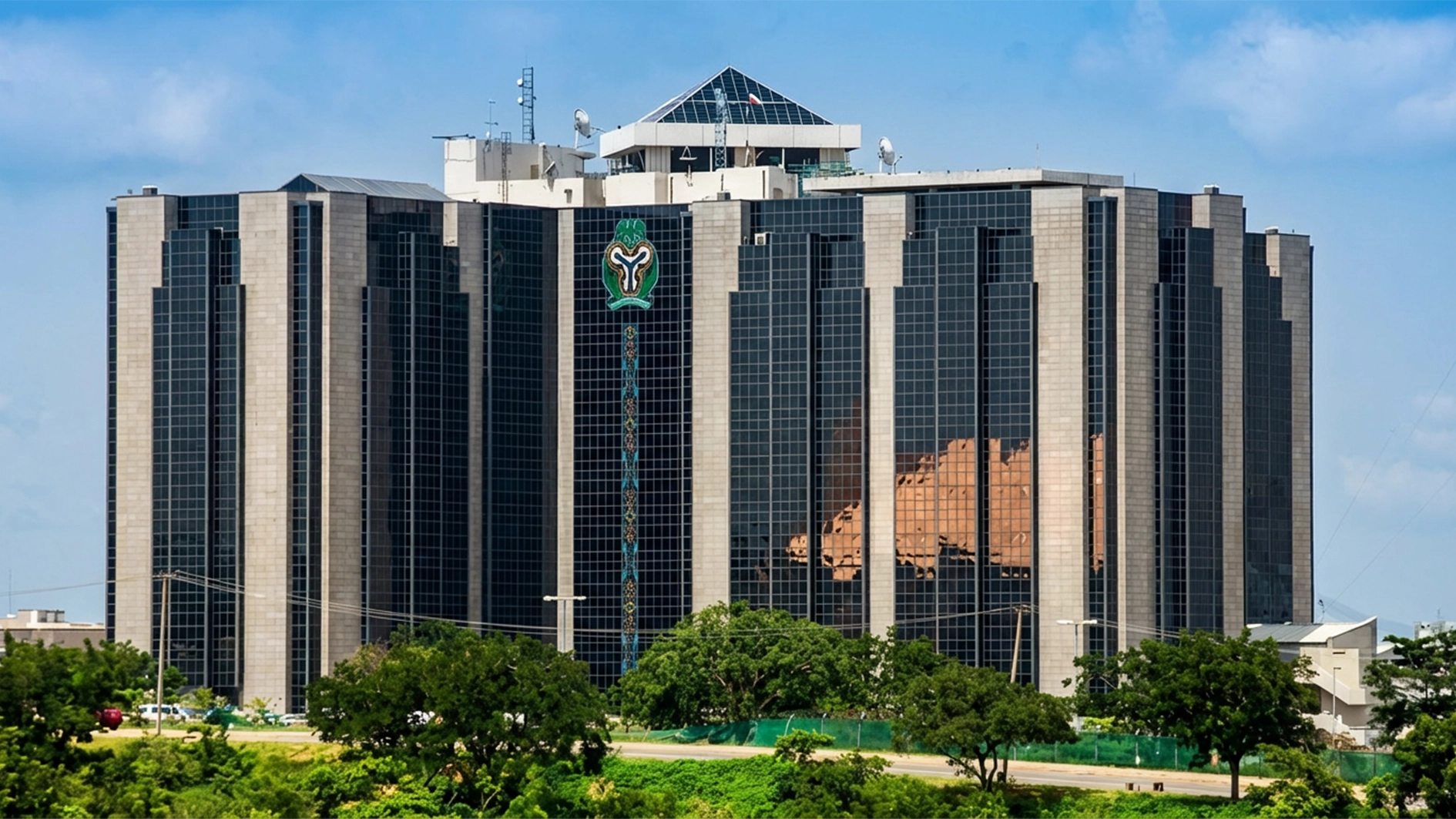Ebaide Omiunu
We stand at a critical crossroads as the world prepares for the Second World Summit for Social Development in Doha this November. Nearly three decades after the historic 1995 Copenhagen Declaration, the international community must now reckon with our progress and failures. The time for promises without action has long passed, particularly for those of us advocating for meaningful climate action in Africa and the Global South.
From Copenhagen to Doha: A Journey of Commitments
The 1995 Copenhagen Summit represented a watershed moment for global social development. For the first time, world leaders explicitly acknowledged the intrinsic relationship between social development and environmental sustainability. The declaration established core commitments to eradicate poverty, promote full employment, and foster social integration—all principles that would later inform the Millennium Development Goals and, subsequently, the Sustainable Development Goals (SDGs).
It’s a profound reflection of our generational challenge that I was but a toddler when these commitments were made—unaware of the world-changing discussions. Nearly three decades later, I am in the room, actively participating in these critical conversations about eradicating poverty and saving our planet. This generational bridge underscores how long we’ve worked on these issues and how much responsibility has shifted to newer voices and perspectives.
Yet, while we’ve seen incremental progress in many areas in the intervening years, the climate crisis has intensified dramatically. The latest IPCC reports paint an increasingly dire picture, with the window for limiting warming to 1.5°C rapidly closing. Climate action—SDG 13—has moved from one priority among many to an existential imperative.
The Urgency of Implementation
The recent Commission on Social Development at the UN Headquarters laid bare a sobering reality: we have fallen drastically behind in meeting our climate commitments. Presentations and discussions repeatedly emphasised that we no longer have the luxury of gradual approaches. The science is unequivocal, and the impacts—from devastating floods in Pakistan to unprecedented droughts across the African continent—are already upon us.
Significantly, throughout the Commission’s proceedings, the recently adopted Pact for the Future was repeatedly referenced as a renewed framework for multilateral cooperation. This landmark agreement, which emphasises intergenerational equity, climate action, and sustainable development, offers essential guideposts for the Doha Declaration. The Pact’s recognition of our collective responsibility to future generations must be fully integrated into the Summit’s outcomes.
What distinguishes our present moment from Copenhagen is the stark immediacy of the crisis. In 1995, climate change was discussed mainly as a future challenge. Today, communities across Africa are already experiencing climate-induced displacement, agricultural collapse, and water scarcity.
Therefore, the Doha Summit must mark a decisive shift from aspiration to implementation. We need concrete financing mechanisms, technology transfer protocols, and adaptation strategies with clear timelines and accountability measures. Most importantly, we need to move beyond the pattern of setting targets only to revise them downward when deadlines approach.
Africa’s Critical Stake and Voice
Africa stands at the epicenter of the climate crisis paradox: contributing the least to global emissions while suffering the most severe impacts. This fundamental injustice must be addressed head-on in the Doha Declaration.
The Summit presents a crucial opportunity for African nations to assert a unified position on several key fronts:
– Climate finance: The long-promised $100 billion annual climate financing remains largely unfulfilled. African negotiators must demand not just the delivery of these funds but their significant expansion, with direct access mechanisms that bypass cumbersome intermediaries.
– Loss and damage: The breakthrough loss and damage fund established at COP27 remains underfunded. Doha must establish clear obligations for historical emitters to contribute meaningfully to this fund.
-Energy transitions: Africa’s right to development must be recognised alongside the imperative for climate action. This means supporting context-specific renewable energy transitions that address energy poverty while avoiding carbon-intensive development paths.
– Adaptation priorities: The Doha Declaration must elevate adaptation to equal standing with mitigation, with particular attention to agriculture, water security, and infrastructure resilience across the African continent.
African civil society organisations, youth movements, and technical experts must be central to these negotiations—not merely invited to observe but empowered to shape outcomes.
Everyone at the Table: Inclusive Participation
The failures of previous international agreements often stem from their top-down nature. The Doha process must break this pattern by ensuring that marginalised voices—particularly those of indigenous communities, women, youth, and people with disabilities—are not merely represented but centered.
Climate solutions cannot be imposed from above; they must be co-created with the communities most affected. This requires transforming how the Summit itself functions, with meaningful civil society participation at every stage:
– Pre-summit consultations must reach beyond capital cities to rural and urban communities on the frontlines of climate impacts
– Summit structures must include dedicated spaces for direct dialogue between community representatives and policymakers
– Post-summit implementation plans must incorporate community-led monitoring and accountability mechanisms
From Declaration to Action: Demands for Doha
As we advance toward November’s Summit, we must demand a Doha Declaration that moves beyond diplomatic language to establish:
– Binding commitments with clear timelines and penalties for non-compliance
– Immediate funding for climate adaptation in the most vulnerable regions, particularly across Africa
-Technology transfer mechanisms that overcome intellectual property barriers
– Reformed governance structures that give appropriate weight to the nations most affected by the climate crisis
– Integration frameworks that connect climate action to other social development priorities, recognising that poverty eradication and climate resilience are inseparable
Our Responsibility to Act
The path from Copenhagen to Doha represents a journey of unfulfilled promises and an opportunity for redemption. As climate advocates, our responsibility is clear: we must mobilise unprecedented pressure to ensure that Doha becomes not just another summit of declarations but a genuine turning point in global climate action.
Africa’s leadership in this process is not optional but essential. The continent that has contributed least to the crisis yet faces its most severe consequences must help chart the path forward. The principles of climate justice demand nothing less.
Between now and November, the time must be filled with relentless advocacy, community mobilisation, and concrete preparation. Each of us—whether policymaker, activist, researcher, or concerned citizen—has a role in ensuring that when the Doha Declaration is finalised, it reflects the urgency of our planetary crisis and centers on the needs of those most vulnerable.
A Call to Action: What You Can Do Now
The journey from Copenhagen to Doha has been extended, and we cannot afford another 30 years of promises without fulfillment. Here are five concrete actions you can take today:
– Contact your representatives and demand they support a strong, justice-oriented position for the Doha Summit with clear climate financing commitments.
– Join or support climate advocacy organisations in your country, particularly those led by young people who will live with the consequences of today’s decisions.
– Amplify African voices and perspectives in climate discussions by following, sharing, and supporting African climate leaders and initiatives.
– Organize community dialogues about the Doha Summit to increase awareness and gather input that can be channeled to official delegates.
– Hold your institutions accountable by demanding climate action plans from your workplace, educational institutions, and local governments that align with the urgency of our global crisis.
The decisions made in Doha will shape our collective future for decades to come. Ensuring a just outcome is not just the responsibility of negotiators and government officials—it is our shared responsibility as global citizens committed to a sustainable and equitable world.
From a toddler in Copenhagen to an advocate in the room today, I have witnessed this journey across generations. Now is the time for all of us, across ages and backgrounds, to ensure that Doha delivers not just ambitious words but transformative action for climate justice and social development.
Omiunu is a UN Collaborator, Climate educator, sustainability advocate, and SDGs champion focused on advancing climate action through policy advocacy, education, and community engagement.






